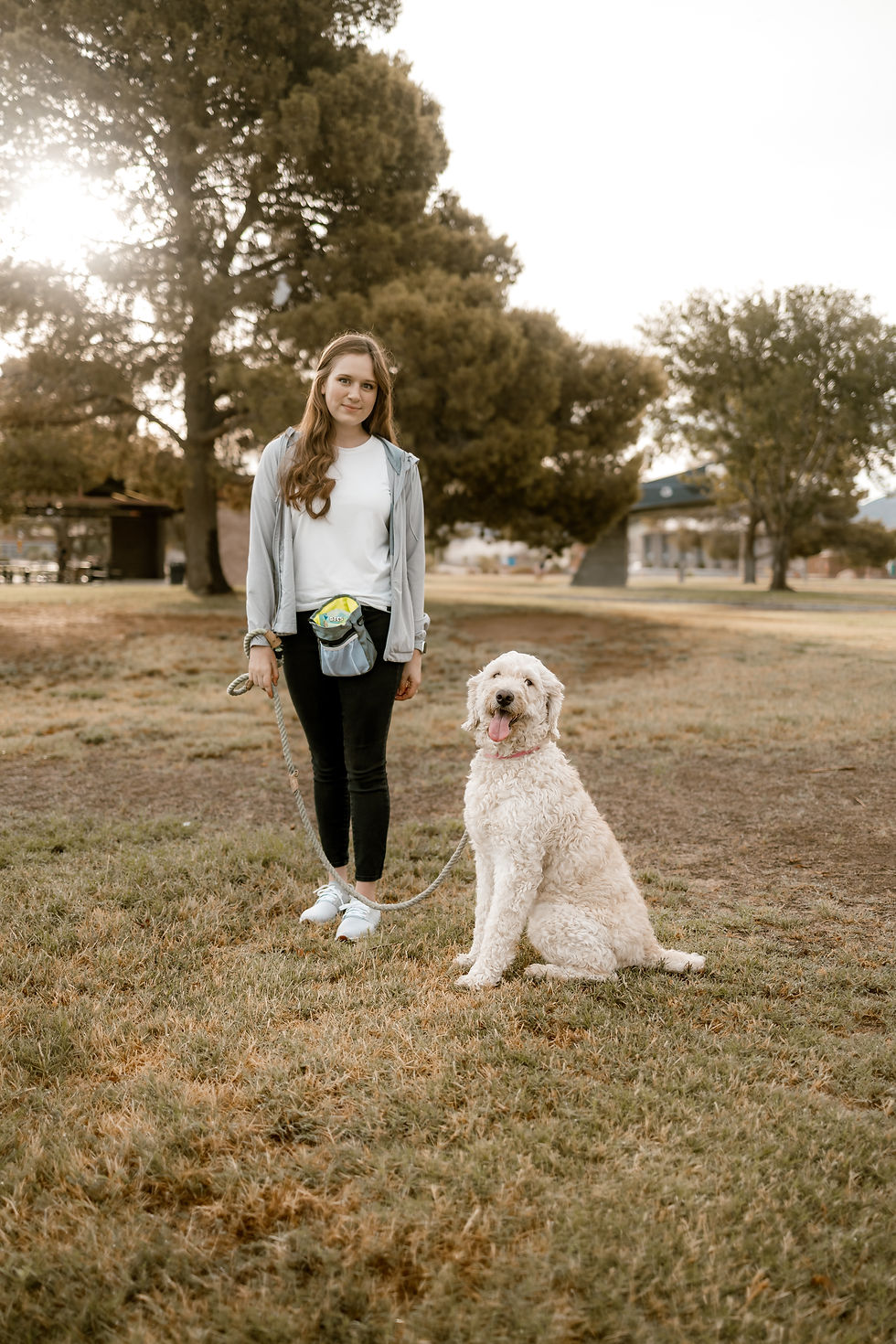Why I never go into dog parks
- May 30, 2023
- 3 min read
Dog parks can be a tempting option for dog owners looking to give their dogs a chance to socialize and play with other dogs. However, there are several reasons why dog parks may not be the best choice for your dog.
Unpredictable Environment: With many dogs and their owners in one place, the environment at a dog park can be unpredictable. Dogs can easily get into fights, or become overexcited, causing stress and anxiety for both dogs and owners.
Health Concerns: Dog parks are often not cleaned regularly, which can lead to the spread of diseases and parasites such as fleas and ticks. This is especially concerning for dogs who are more susceptible to illness, such as senior dogs and puppies.
Conflicting Toys and Treats: People often bring toys and treats to dog parks, which can cause conflict and lead to fights between dogs.
Misreading Body Language: Dogs communicate through body language, and it can be difficult for owners to interpret what their dogs are trying to say. This can lead to misunderstandings and conflicts between dogs, and even between owners.
Overwhelming Experience: For some dogs, the excitement and stimulation of a dog park can be too much, leading to stress and anxiety. This can have a lasting impact on your dog's behavior and training.
Bad Manners: Dog parks can also reinforce bad manners, such as jumping, biting, and excessive barking. They also reinforce dogs remaining in a high state of arousal and excitement, leading to hyper-activity.
Liability and Safety Concerns: Dog fights can occur at any time, and owners can be held liable for veterinary or medical bills if their dog is injured. In addition, dogs can be traumatized by negative experiences at dog parks, which can have a lasting impact on their behavior and confidence. I often look inside dog parks when I walk by them in public parks, and count the intact (not neutered) dogs brought in, which is a whole other can of worms!
Children at Risk: Children are often present at dog parks, and many dogs are nervous around them. This can put both children and dogs at risk, as children may be too rough with dogs and dogs may be more likely to snap at them.
Alternatives to Dog Parks
If you're looking for safe and controlled options for socializing your dog, consider the following alternatives:
Small, Supervised Playgroups: No dog needs more than three playmates at one time. Organize playdates with a few dogs in a private yard or small park, using long leashes. Playtime should be stopped frequently to de-escalate and prevent overstimulation.
Pack Walks: Go for walks with a small group of dogs and their owners. Keep moving forward, and avoid stopping to mingle, to prevent any conflicts between dogs.
Indoor Dog Parks: Look for indoor dog parks that require temperament testing, proof of vaccinations, and flea/tick/lice checks. These parks may also have rules in place that prohibit children from entering.
I haven't taken my dogs inside a dog park since 2020, and I haven't regretted it. They still get plenty of play dates and healthy interactions, but the stress of the unknown is no longer a factor. No more bad owners, no more rambunctious dogs in the wrong size area, no more diarrhea or eating random things, and no more fights over a toy that shouldn't have been brought in the first place! If you've created a social group meeting with people at the dog park, try to get their contact information and set up walks instead with them! There are just so many more options than the dog park, it can't hurt to try them out!














Comments